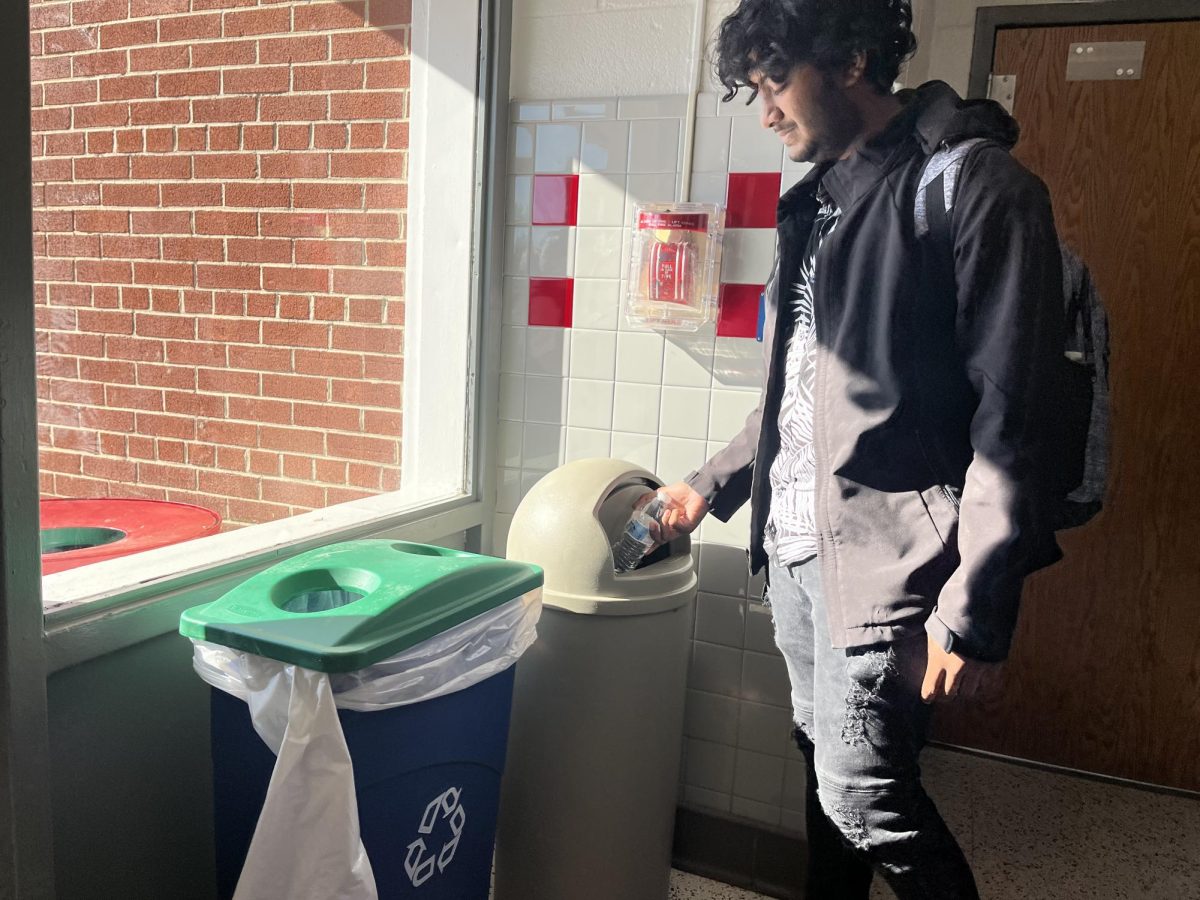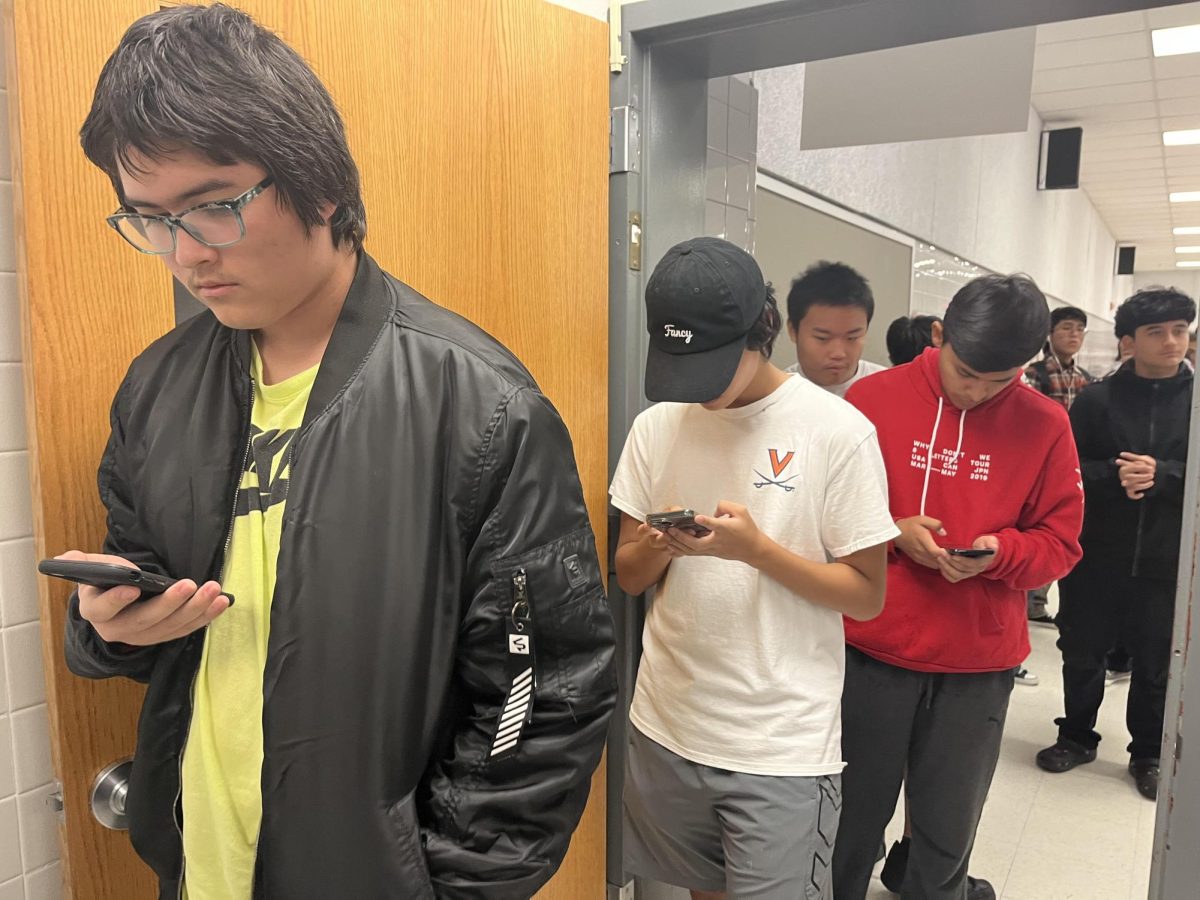The Christmas Day attack by the infamous “Underwear Bomber,” Umar Farouk Abdulmutallab, has provoked a wide range of responses from the global community about security and counter-terrorism measures, including extra surveillance and checking at airports around the world. The incident has resulted in a slew of new airport security measures, such as full-body scanners, more thorough security searches and regulations like, “No placing personal items on your lap in the last hour of flight.” Soon after the attack, travelers across the world were being asked to arrive at airports 5-7 hours ahead of time to account for safety and security checks.
Are these measures effective? Unlike many other travelers who may complain about the long lines and extra checks, I say they are more effective than we suspect. Tighter airport security is a necessary evil in light of such events; yet, measures such as providing more information, detecting online and offline behavior patterns and performing background checks using database information is another important step toward ensuring safe skies.
But, more than the increased security measures, the thing that truly bothers me is the failure to “connect the dots” across various government agencies, as White House Counter-terrorism Advisor John Brennan described it. This excuse, coming from one of the most important security officials in the country, is unnerving, and brings up the issue of human error in counterterrorism efforts, which is difficult to resolve.
It does not take much to connect the dots; any four-year old can attest to this. Although I understand it is easier to do this on a piece of paper than with the federal government, clues to the Underwear Bomber case were strewn across several departments and databases, and one screening of Abdulmutallab could have lead authorities to deduce that the man was not supposed to fly on U.S. airlines. His British visa had been revoked, he had no luggage on board and had paid for his plane ticket in cash. These suspicious actions should have set off at least the initial, if not obvious, alarm.
The chain of miscommunication gets more worrisome. After Abdulmutallab’s father met with U.S. embassy officials in Abuja, Nigeria, on Nov. 18 to warn them of his son’s extremist views, the CIA sketched out a profile of the suspect, yet it did not share this sketch with the National Counter-terrorism Center, which is responsible for maintaining all the major terrorist databases. Officials say Abdulmutallab was on the U.S. government’s terrorist watchlist, but was not on the no fly list, which allowed him to breeze through airport security in Amsterdam. The concern of multiple terrorist watchlists, with not enough overlap and background information, is also a cause for concern.
U.S. officials knew as early as November 2009 that Abdulmutallab was planning on travelling to Yemen, an area known for its terrorism influence and the hotbed for the Al Qaeda. The National Security Agency also picked up talk about sending a specifically “Nigerian” man for an unspecified terrorist attack. yet they failed to link this lead to Abdulmutallab. This inability to follow up on leads and react effectively to their actions could have caused the death of almost 200 people, had it succeeded.
Strangely enough, incidents like Abdulmutallab’s “underwear bomb” have occurred before. In 2001, Richard Reid was convicted for trying to set off a bomb hidden in his shoes on American Airlines flight 63. He, like Abdulmutallab, had no luggage on flight, and bought a one-way ticket to the US. These and several other plane hijacking incidents in years past should ring a bell- these terrorist have definite short-term goals ahead of them, and it is our responsibility to always remain one step ahead.
The U.S. government is also not taking this matter seriously. In the post-incident investigation, no major reforms were proposed, no one was fired and the chain of command responsible was not tracked down and held accountable. The New York Daily News reported that Michael Leiter, director of the National Counter-terrorism Center, did not return to his office until several days after Christmas, and did not issue a formal statement about the event until much later. President Obama has been the only person to openly own up to lapses in security, and it seems that this sentiment has not trickled through the ranks yet. This is a bad time to be lulled into a false sense of security, and rest assured, people like Abdulmutallab will take advantage of this however they can.
So, what needs to be done?
Firstly, the “my department vs. yours” sentiment needs to disappear entirely from counter-terrorism politics. Officials must look at the bigger picture- peoples’ lives and safety- in mind, and work together on leads such as Abdulmutallab. While it might add to the information these agencies have to sift through to get to the core, it is the only effective way to connect different pieces of information and prevent serious incidents from happening.
Secondly, the public must understand that the new measures are immediate security reactions to any other threats that might follow similar patterns. So all the restrictions on liquids and sharp objects being carried onto flights, patdown searches at airports, etc. are all for our own good, at least for the time being. Even other nations need to understand that security breaches like this provoke immediate reactions, such as the recent measures proposed by Congress, as well as long-term solutions, which take a while to emerge.
Thus, airport safety is only half the problem, and the most visible aspect of the crisis itself. The crux of the issue lies in whether and to what degree government agencies are willing to collaborate to ensure our collective safety and security. Relative stability is no cause for complacency, and letting our guard down now will not do anyone any good. We need to combine on-ground airport security measures with intelligence and database information to make sure people like Abdulmutallab do not get free access to the skies, and the 99.9 percent of passengers who are genuinely traveling for good reasons are able to do so with confidence.








